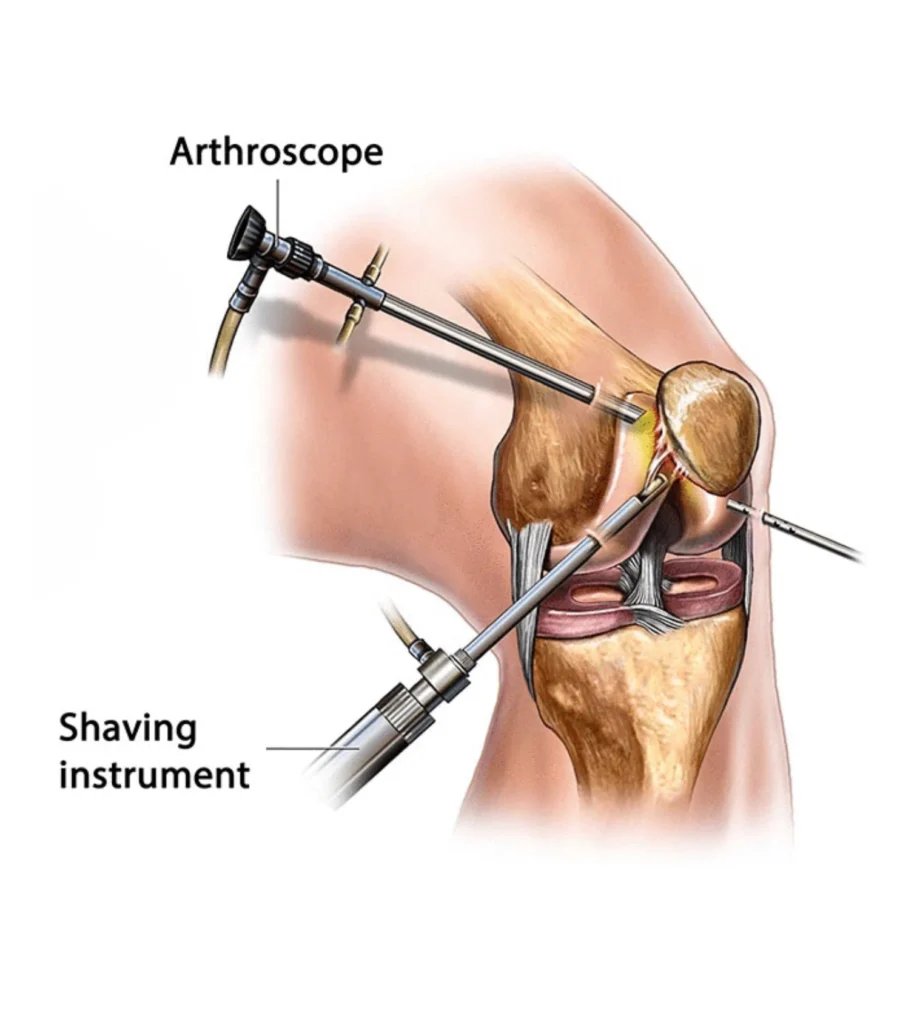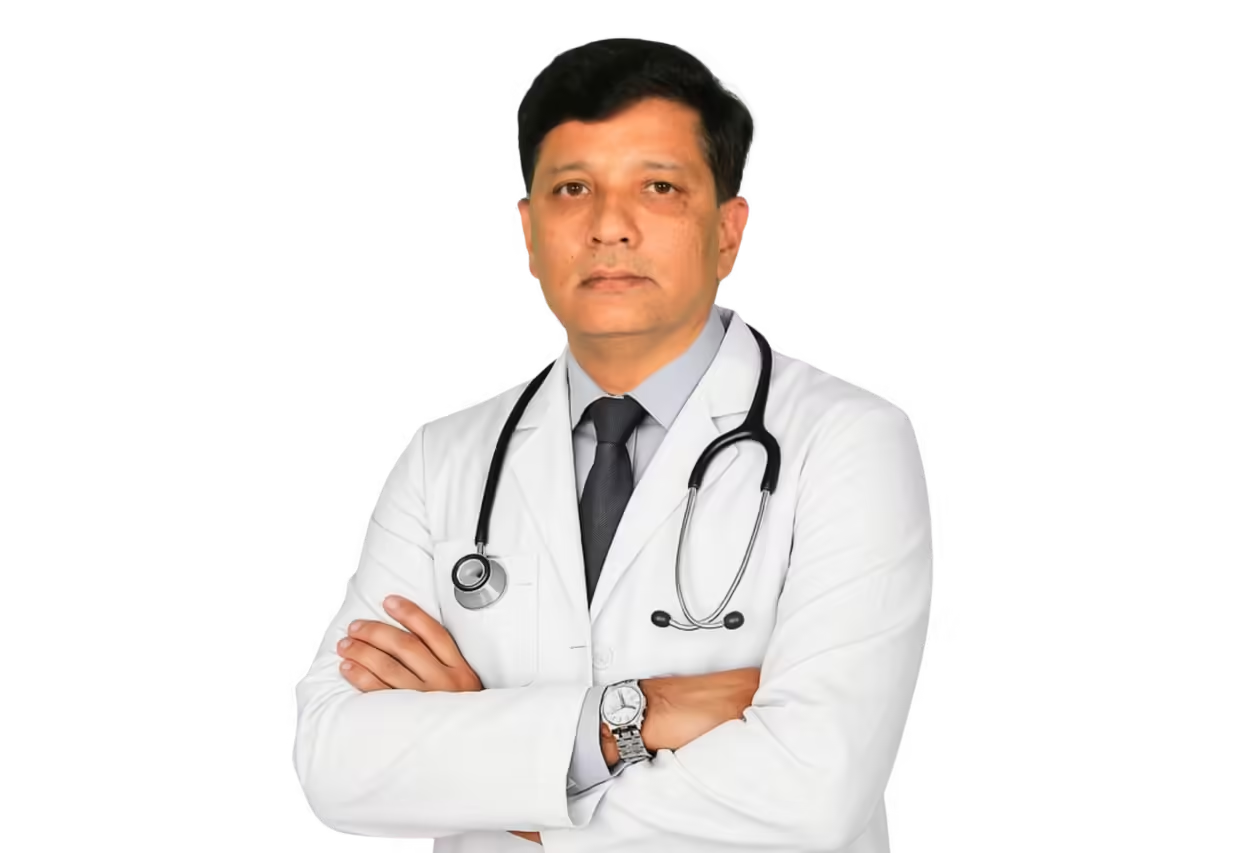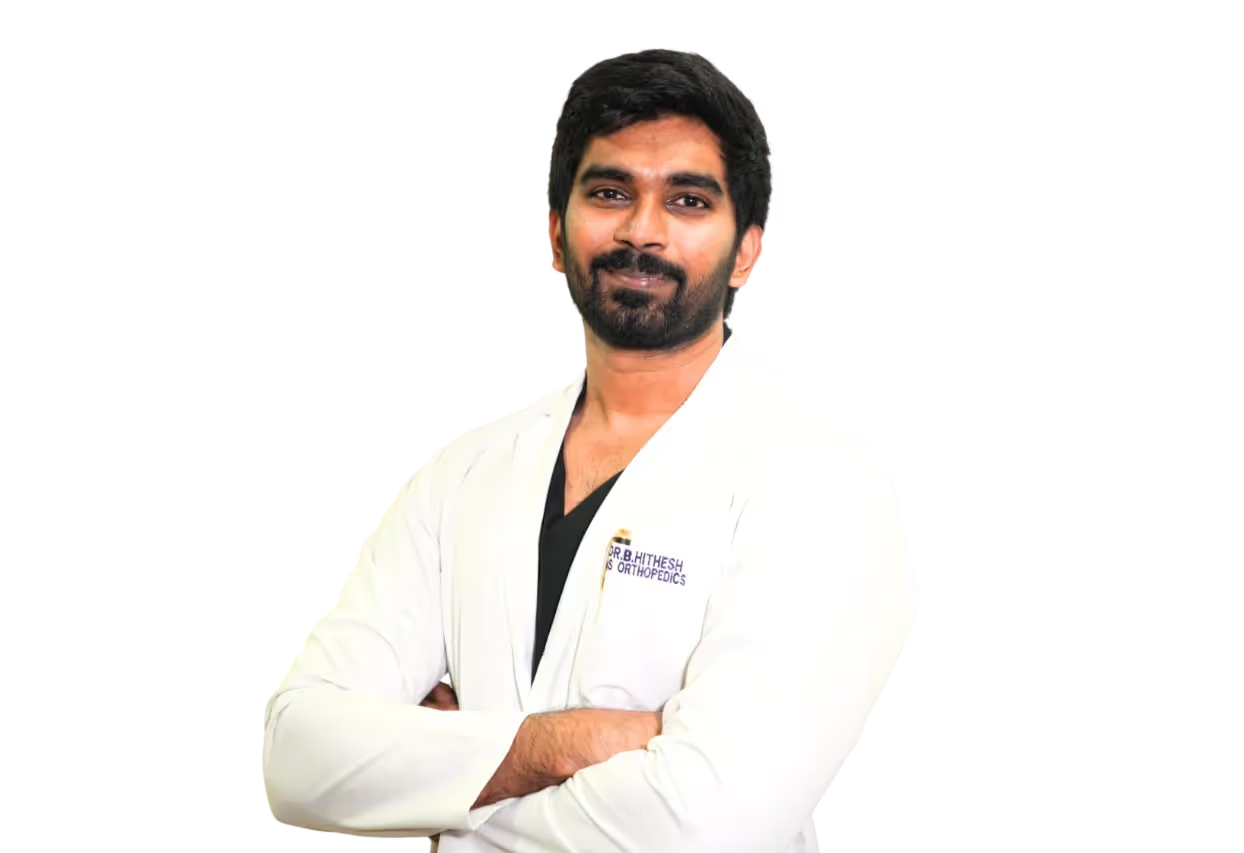
Knee Arthroscopy in Hyderabad: Advanced Care at Lux Hospitals
Knee pain can significantly affect your quality of life, limiting mobility and causing discomfort. Whether it’s due to an injury or a degenerative condition, knee problems can interfere with daily activities. Knee arthroscopy is an advanced and minimally invasive procedure that offers effective treatment for various knee issues. If you’re seeking knee arthroscopy in Hyderabad, Lux Hospitals offers cutting-edge care to help you recover quickly and effectively. Our expert orthopedic surgeons specialize in knee arthroscopy procedures, ensuring that patients benefit from the latest techniques and a quicker recovery time.
What is Knee Arthroscopy?
Knee arthroscopy is a minimally invasive surgical procedure used to diagnose and treat problems within the knee joint. Through small incisions, a tiny camera (arthroscope) is inserted into the knee to view the inside of the joint. This allows the surgeon to see damaged tissues, meniscus tears, ligament injuries, cartilage damage, and other knee joint issues in real time. It is commonly used to treat conditions such as meniscal tears, ligament injuries, and osteoarthritis.
In simple terms, knee arthroscopy acts as a window to the knee joint, allowing the surgeon to make accurate diagnoses and perform precise treatments with minimal disruption to surrounding tissues.
Symptoms of Knee Arthroscopy
Common symptoms that may indicate the need for knee arthroscopy include:
- Persistent pain or swelling in the knee.
- Difficulty in bending or straightening the knee.
- Instability or weakness in the knee joint.
- A feeling of locking or catching in the knee.
- Limited range of motion or discomfort during physical activities.
If you’re experiencing these symptoms, consulting an expert in knee arthroscopy can provide a clear diagnosis and lead to effective treatment options.
Diagnosis and Preparation for Knee Arthroscopy
Before performing knee arthroscopy, a thorough evaluation is necessary to ensure that the procedure is appropriate for your condition. Here’s what you can expect during the diagnostic process:
- Physical Examination
Your orthopedic surgeon will perform a comprehensive physical examination of your knee. This includes checking for signs of swelling, instability, or abnormal movement in the knee joint. The doctor will also assess your range of motion and ask you about your medical history, including any previous injuries or surgeries.
- Imaging Tests
To get a clearer picture of the internal structures of the knee, imaging tests such as an X-ray or MRI may be recommended. An MRI is particularly helpful for assessing soft tissue damage, including meniscal tears, ligament injuries, and cartilage damage, which are often the primary reasons for knee arthroscopy.
- Pre-Operative Assessments
If your knee arthroscopy is scheduled, your surgeon may order routine blood tests to check for underlying health issues such as infections or blood clotting problems. Depending on your age and overall health, you may also undergo an ECG or other tests to assess your heart function.
- Physical Examination
Your orthopedic surgeon will perform a comprehensive physical examination of your knee. This includes checking for signs of swelling, instability, or abnormal movement in the knee joint. The doctor will also assess your range of motion and ask you about your medical history, including any previous injuries or surgeries.
- Pre-Operative Instructions
Before the procedure, you’ll be given specific instructions, such as fasting for several hours. You may also be advised to stop taking certain medications, such as blood thinners, to reduce the risk of complications during surgery.
Procedure of Knee Arthroscopy
Knee arthroscopy is performed under local or general anesthesia, depending on the complexity of the procedure and the patient’s preference. Here’s an overview of the process:
Incision and Insertion of the Arthroscope
The surgeon makes small incisions (usually 2 to 3) around the knee. Through one of these incisions, the arthroscope, a small tube with a camera, is inserted into the knee joint. The camera sends real-time images to a monitor, allowing the surgeon to clearly view the joint and diagnose any issues.
Diagnosis and Treatment
Once the arthroscope is in place, the surgeon can examine the knee’s internal structures, including the meniscus, cartilage, ligaments, and bones. If necessary, additional surgical tools are inserted through the other incisions to perform corrective procedures, such as:
- Arthroscopic meniscectomy (removal of a damaged portion of the meniscus).
- Cartilage repair or smoothing (for damaged cartilage).
- Ligament repair (for torn ligaments).
- Synovectomy (removal of inflamed joint lining).
Completion of the Procedure
Once the necessary treatments are completed, the surgeon carefully removes the arthroscopic instruments and closes the incisions using small stitches or adhesive strips. The entire procedure typically lasts between 30 minutes to 1 hour, depending on the complexity of the treatment.
Knee Arthroscopy Recovery Time
One of the main benefits of knee arthroscopy is the relatively short recovery time compared to traditional open surgery. Most patients can expect to go home the same day after the procedure. However, recovery time can vary based on the specific condition being treated and the complexity of the surgery.
- Immediate Recovery: Patients are typically allowed to walk with assistance after the surgery, though crutches or a knee brace may be required for support.
- Post-Operative Care: Pain and swelling can occur, but these can be managed with prescribed pain relievers, ice packs, and elevation.
- Rehabilitation: Physical therapy is often recommended to help restore strength and flexibility to the knee. The rehabilitation process usually starts within a few days after surgery, and most patients can return to normal activities within 2 to 6 weeks.
- Full Recovery: Complete recovery can take a few months, especially for more complex procedures like ligament repairs or cartilage restoration.
Complications After Knee Arthroscopy
Although knee arthroscopy is considered a safe and minimally invasive procedure, there are some potential complications that may occur. These include:
- Infection: Any surgery carries a risk of infection. Your surgeon will take precautions to minimize this risk, such as using sterile equipment.
- Blood clots: Rarely, blood clots can form after surgery, which may require treatment.
- Stiffness or limited range of motion: Some patients may experience stiffness or difficulty moving the knee joint after surgery, which can usually be improved with physical therapy.
- Knee arthroscopy complications: In rare cases, there may be issues with the arthroscope itself, or the procedure may not fully resolve the underlying problem, requiring additional treatments.
Why Choose Lux Hospitals for Knee Arthroscopy in Hyderabad?
At Lux Hospitals, we provide expert care for knee conditions through knee arthroscopy in Hyderabad. Here’s why you should choose us for your treatment:
- Expert Orthopedic Team: Our team of highly experienced orthopedic surgeons specializes in knee arthroscopy and offers personalized care tailored to your specific needs.
- Minimally Invasive Techniques: We use the latest arthroscopic techniques to ensure a quicker recovery and minimal discomfort.
- Comprehensive Care: From the initial consultation to post-operative recovery, we provide full support throughout your treatment journey.
- State-of-the-Art Facilities: Lux Hospitals is equipped with the latest diagnostic and surgical technology to offer world-class care.
Testimonials
"Knee problems"
Took my grandmother to Dr Kishan for her knee problems and we had an excellent consultation. Dr Kishan explained the problem in detail patiently and made sure my grandmother knew all the options and remedies she had available to her. It was really helpful!

Sai Charan B
"Surgery was a success, i am able to walk"
I got meniscus tear while playing foot ball, Dr sai kishan has performed Arthroscopic medial meniscus repair. Surgery was a success, i am able to walk and do all my regular activities . Thank you

Shreyans Jain . 40
"Leg fractured while playing."
I got my leg fractured while playing. Dr Sai kishan sirasala took extreme care and did surgery for my leg. As of now recovery is good . Highly recommend DR sai kishan for any orthopedic issues.

Ranjit Sahoo
"ACL reconstruction surgery "
I have got ACL reconstruction surgery by Dr Sai Kishan. It's been 3 months and I am completely normal and back to my activities. Very good experience

Tejas Gomase
Latest Health Articles by Lux
Frequently Asked Questions
The recovery time for knee arthroscopy varies, but most patients can return to normal activities within 2 to 6 weeks.
Yes, knee arthroscopy is generally safe, with a low risk of complications when performed by experienced surgeons.
Knee arthroscopy usually takes 30 minutes to 1 hour, depending on the complexity of the surgery.
Potential complications include infection, blood clots, knee stiffness, and, in rare cases, complications from the procedure itself.
The cost of knee arthroscopy at Lux Hospitals is not explicitly listed. For accurate and up-to-date pricing, it's recommended to contact the hospital directly or consult with their orthopedic specialists.
You can book an appointment for rotator cuff repair at Lux Hospitals, Hyderabad, by calling the hospital directly, booking online through their official website, or visiting the hospital in person to schedule your consultation.




















